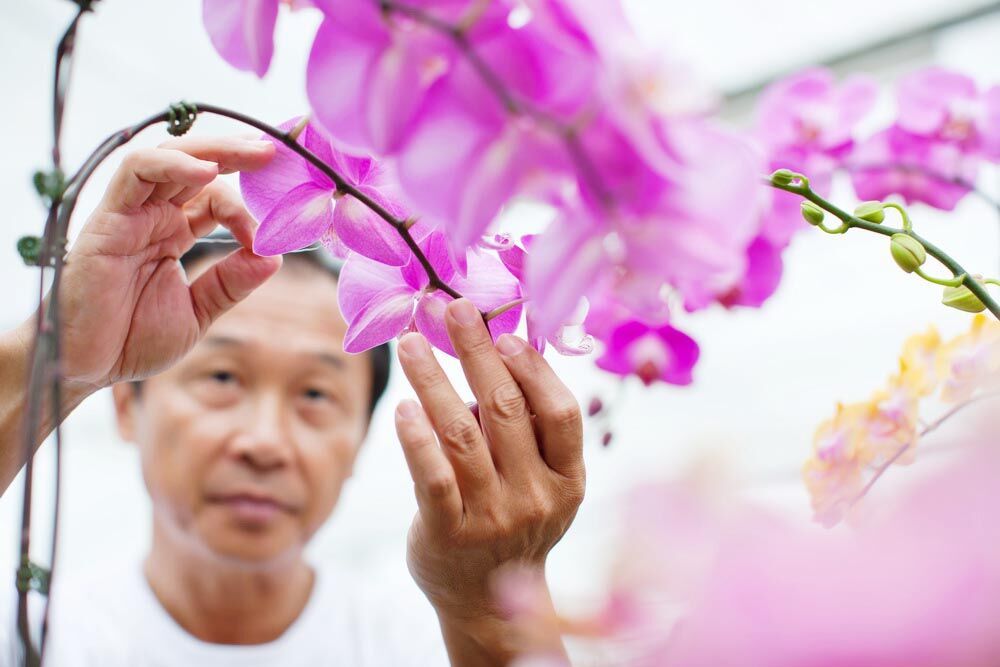The European Court of Justice ruled on the 25th of July that new mutation techniques must be assessed in accordance with the strict and expensive testing procedures for genetically modified crops (GMO). Plantum, Dutch association for the plant reproduction material sector, is very unhappy with the decision. For SMEs in particular, it’s going to be impossible to use these methods. They consider the ruling a missed opportunity for plant breeders, who could otherwise contribute to a more sustainable agriculture and horticulture.
All the new mutation techniques are to fall under the GMO regulations, which means that they must undergo a full risk assessment. Such an assessment involves numerous tests regarding the effects on people and the environment, and the costs can be anywhere from ten to a hundred million euros per mutated feature. Only the largest agricultural crops in the world will be able to afford this, but for all other crops, it’s financially unfeasible.

Some of the new techniques developed during the past 10 years looked very promising for breeders, as they offered ways to develop products in a faster and more precise way. The latest development for example, is CRISP-Cas9, a method that’s also promising for medicines. The fact that we won’t be able to use those methods in Europe now, is a missed opportunity.
No island
Europe isn’t an island and many Dutch breeding companies work internationally. What does it mean for their position, that competitors outside Europe do have access to these methods? Are they going to move an important part of their innovative investments abroad?
The fact that borders will be closing, could also have an impact on biodiversity. In the future, breeders will no longer be able to use plant varieties from outside Europe as part of their (conventional) breeding programmes, because it’s often not known whether one of those prohibited mutation methods was used (nobody can tell by the look of the plant). If they were, the crops subsequently bred in Europe would still have to go through the whole GMO procedure. This creates an enormous, additional obstacle, especially for the traditional breeders and therefore also for farmers and growers, who in fact need new varieties with as much diversity as possible.
Legislature’s turn
The government states in their coalition agreement that ‘The Netherlands is committed to the application and admission of new breeding techniques in Europe, such as CRISPR-Cas9, as long as species boundaries aren’t crossed.’ An important argument for this is that the techniques shouldn’t result in plants that wouldn’t be able to occur in nature, or through older, non-regulated, breeding methods.









